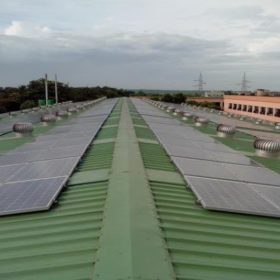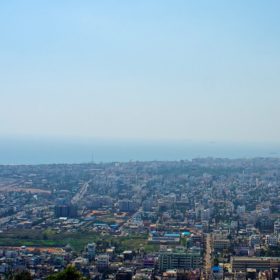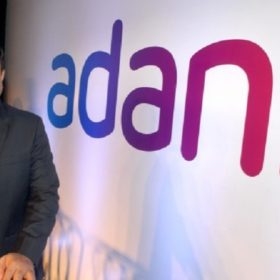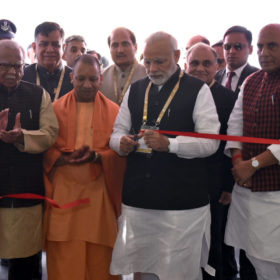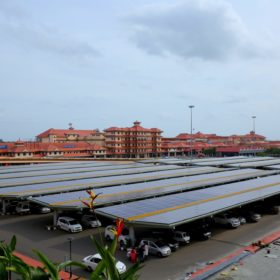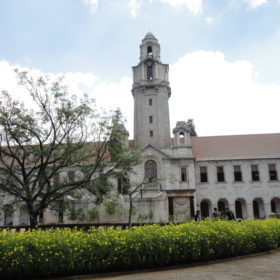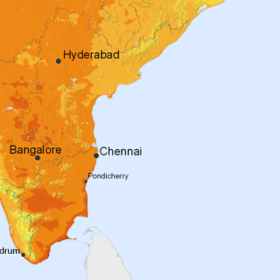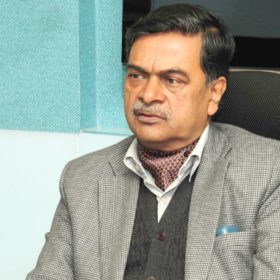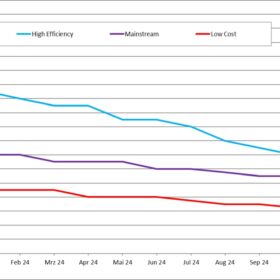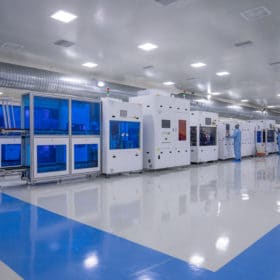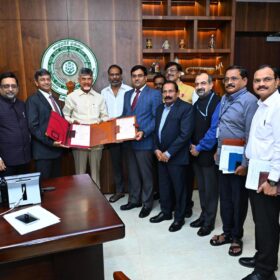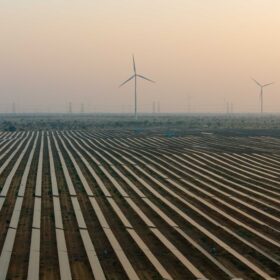Municipal bonds may help India get close to its 40 GW rooftop solar target
Although the development of rooftop solar is not progressing in India as planned by the government, a group of international experts is suggesting to use municipal financing to raise debt availability, and to reduce PV system costs.
Odisha: 1,415 acres of suitable land identified for 400 MW solar park
Keeping in sight the plan of Renewable Energy policy 2016, government of Odisha is putting efforts for solar development and has identified land for 400MW solar park.
EESL to invest more than US$500 million in Andhra Pradesh in four clean energy projects
MoUs for four projects were signed at CII Partnership Summit 2018, held in Andhra Pradesh are valued at more than US$ 500 million and are expected to create jobs, alongside bringing in revenue and saving money.
Adani to build 1 GW+ renewable energy in Andhra Pradesh
Adani Group has signed a MoU with Andhra Pradesh government for the development of more than 1 GW of renewable energy in the state.
UP receives INR 22 billion investment from Amplus Solar to set up 500 MW solar capacity
During the recent Uttar Pradesh Investors summit, amplus solar signed a Memorandum of Understanding with the state government for the investment of INR 22 billion over the next 5 years.
Tata Power proposes solar roof top projects in member countries of ISA
On the sixth meeting of ISA’s International Steering Committee (ISC), Tata Power Delhi Distribution Ltd made a presentation showcasing their offerings to install solar rooftop projects and key service terms proposing to reach 1 MW capacity in each country.
Indian Scientists develops a next generation clean energy technology
A supercritical carbon dioxide Brayton test loop facility has been developed at Indian Institute of Science (IISc), Bangalore. Scientists claim that the technology has the potential to replace nuclear and thermal power plants. The loop technology could vastly reduce the water consumption, with less emissions of greenhouse gases.
Southern states dominate India’s 2017 record solar installs
India’s southern states have emerged as leaders in solar, dominating installations in 2017, according to the latest figures from Mercom Capital Group. Overall, the company says 9.6 GW of solar PV were installed across the country last year. Despite this, 2018 will see a decline, it says.
India: Shell may acquire majority stake in Fourth Partner Energy
Shell is rumored to be interested in acquiring a majority stake in Fourth Partner Energy, a rooftop solar power firm based in Hyderabad, India.
Government issues penalty for violating DCR under MNRE solar projects
India’s Ministry of New and Renewable Energy (MNRE) will penalize parties found in violation of the MNRE’s Domestic Content Requirement (DCR) rules for solar projects, which the World Trade Organisation (WTO) has approved for DCR use.
